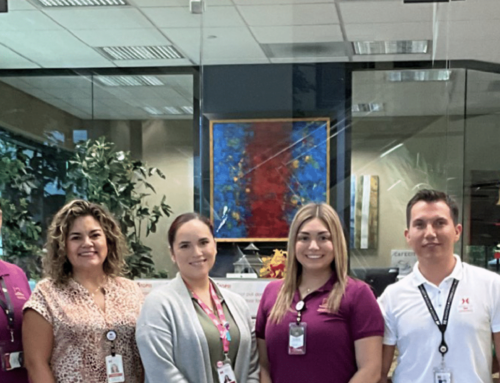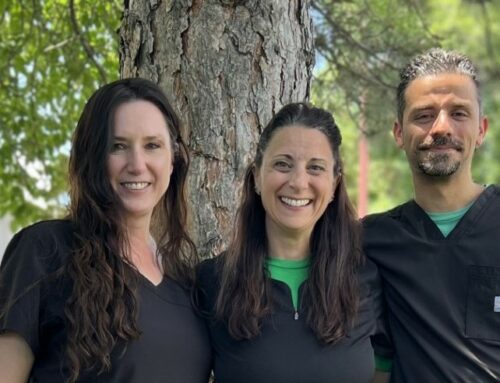Alerts Help Old Pueblo Community Services Ease the Transition Back Into the Community
Published on October 22, 2018

The journey can be difficult for someone returning from time in jail, time in active military service or time on the street. It’s even more difficult when facing serious health issues. Old Pueblo Community Services (OPCS) provides valuable healthcare and other services for these vulnerable populations and has been able to improve care through connecting to Contexture, Arizona’s health information exchange (HIE).
Over the past 20 years, OPCS has been helping its clients with a smoother transition back into the community and has seen tremendous growth. In the 90’s, OPCS began as a grass roots organization to fill the gap and assist with the housing needs of people being released from prison. Today, OPCS provides behavioral health services and housing to over 430 clients including veterans, post-incarceration patients, homeless individuals and substance abusers, and is set up to receive Contexture Alerts on these clients.
Every OPCS client is assigned a recovery coach who guides them throughout client transition. OPCS utilizes three different types of Alerts from the HIE — outpatient, inpatient and emergency department (ED) Alerts. When the staff at OPCS receives an Alert, they first identify 
“The number one benefit of receiving Alerts from the Arizona HIE is the reduction in time for coordination of care and direct services” Pierce said. “Contexture eases the process of understanding the client’s history in order to identify a level of need and care.”
Today, OPCS offers many services to its clients, with one of its more heavily used services being housing. Clients and patients are placed into housing situations based upon their needs. Four types of housing are available through OPCS — Emergency Shelter (less than 90 days), Transitional Housing for those reintegrating into the community from incarceration (less than 90 days), Rapid Rehousing for clients who have already been identified to receive housing (less than 60 days) and Supporting Housing that only last around a year as the client is in the process of getting their own housing.
One innovative use of the Arizona HIE by OPCS is what the staff call “bed checks.” People in emergency and transitional housing are often in grant programs that pay for the cost of their bed each day. If an emergency or transitional housing client is admitted to a hospital or clinic overnight, OPCS needs to be sure the client is not charged by both the housing facility and the inpatient facility. Receiving an Alert about an inpatient admission, rather than just relying on 10 p.m. bed checks, reduces the number of errors that may occur due to the uncertainty of a client’s location or other administrative mistakes.
“Since being connected with Contexture, we now know what’s going on with the client as it happens” Pierce said. “Not only does it save money, but it’s also the best way to coordinate care on the client’s behalf.”
The number one benefit of receiving Alerts from the Arizona HIE is the reduction in time for coordination of care and direct services. Contexture eases the process of understanding the client’s history in order to identify a level of need and care.
- Phillip Pierce, Data Integrity Specialist at OPCS





